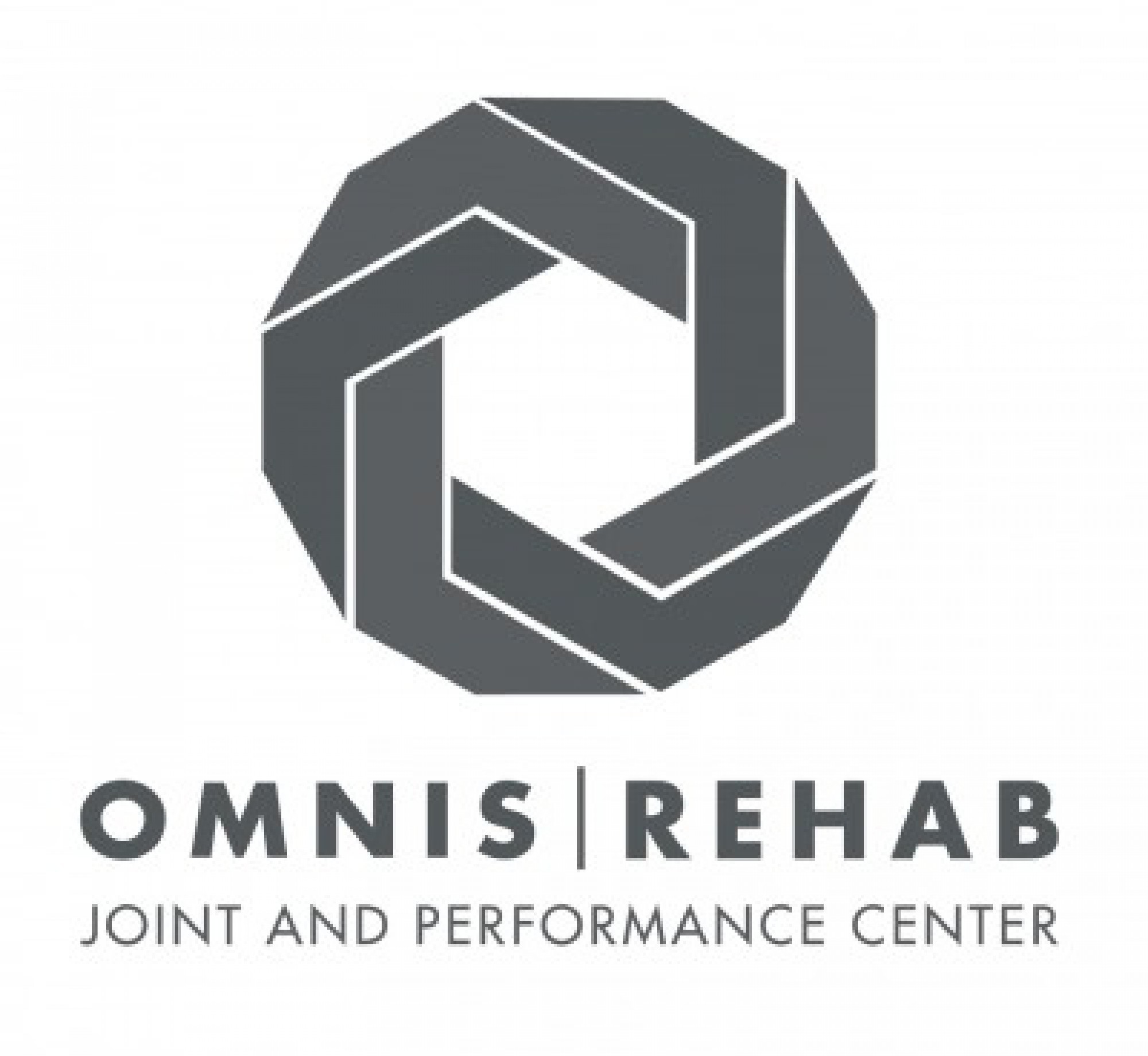When embarking on a journey towards pain relief and a healthier lifestyle, it’s essential to consider all aspects of your well-being, including your diet. Nutrition plays a critical role in supporting chiropractic care outcomes, pain management, and overall health. By optimizing your diet and embracing a holistic approach, you can significantly enhance your healing experience and achieve better results from chiropractic treatments.
In this comprehensive guide, we will explore the importance of proper nutrition in the context of chiropractic care and pain management, highlighting key nutritional principles to follow and practical tips for adopting a balanced diet. By understanding the essential role of diet in your overall well-being and implementing wholesome eating habits, you can pave the way for more effective chiropractic treatments, faster healing, and improved quality of life.
The Power of Nutrient-Dense Foods in Chiropractic Care and Pain Management
Nutrient-dense foods are crucial for maintaining overall health and can directly impact your body’s ability to heal. By nourishing your body with a variety of vitamins, minerals, and nutrients, you provide the necessary building blocks for repairing damaged tissues, reducing inflammation, and improving overall functionality. This contributes to better and faster healing following chiropractic treatments, as well as more effective pain management. Some key considerations when selecting nutrient-dense foods include:
1. Protein: Essential for tissue repair and muscle growth, incorporating high-quality protein sources like lean meats, fish, and plant-based options can play a vital role in supporting your chiropractic care results.
2. Antioxidant-Rich Fruits and Vegetables: Colorful fruits, vegetables, and berries are packed with powerful antioxidants that help combat inflammation and support overall health. Aim for variety, incorporating different colors and textures into your meal plans.
3. Healthy Fats: Omega-3 fatty acids found in fatty fish, nuts, seeds, and plant-based oils can help reduce inflammation and promote brain health. Be mindful of portion sizes and opt for healthy fat sources over saturated or trans fats.
4. Whole Grains: Fiber-rich whole grains like brown rice, quinoa, and barley can provide sustained energy, support digestion, and contribute to overall health. Swap refined grains for whole grain alternatives whenever possible.
The Role of Inflammation and Diet in Pain Management
A diet high in processed and sugary foods can exacerbate inflammation in the body, contributing significantly to pain and discomfort. By replacing these inflammatory foods with healthier alternatives, you can create a more pain-friendly diet, supporting your chiropractic care and overall well-being. Key principles include:
1. Limiting Processed Foods: High in unhealthy fats, sugar, and additives, processed foods can be a significant source of inflammation. Opting for whole, minimally processed foods can help reduce inflammation and support overall health.
2. Staying Hydrated: Adequate water intake is essential for maintaining proper bodily functions and flushing out toxins. Aim to drink at least eight glasses of water daily, adjusting for individual hydration needs and activity levels.
3. Incorporating Anti-Inflammatory Foods: Foods like fatty fish, berries, leafy greens, and olive oil can help combat inflammation and support general well-being. Incorporate these items into your diet to create a more pain-friendly meal plan.
4. Balancing Blood Sugar Levels: Consistent blood sugar levels can support energy and reduce inflammation, helping to prevent pain. Incorporating balanced, nutrient-dense meals and snacks can help maintain steady blood sugar levels throughout the day.
Supporting Overall Health with a Balanced Diet
A balanced diet is the foundation of general wellness and can play a substantial role in supporting chiropractic care outcomes and pain relief. By incorporating a diverse range of nutrient-dense foods, you can fuel your body with the essential nutrients it needs for optimal health. Here are some practical tips for adopting a balanced diet that supports chiropractic care and pain management:
1. Meal Planning: Create a weekly meal plan that incorporates a diverse range of nutrient-dense foods to ensure you’re meeting your nutritional needs. Planning ahead can also help keep you accountable and prevent unhealthy food choices.
2. Mindful Eating: Embrace a mindful approach to eating, paying attention to your hunger and satiety cues and eating without distractions. This can help prevent overeating and support a healthier relationship with food.
3. Moderation and Variety: Emphasize portion control and aim for a mix of different food groups with each meal. A balanced diet incorporates various nutrients, colors, and flavors, making every meal exciting and nutritionally rich.
4. Seek Professional Support: If you’re unsure about your nutrition status or need help making dietary changes, consult with a dietitian or nutritionist to ensure you’re providing your body with the right balance of nutrients for your individual needs.
Putting It All Together: Practical Strategies for a Chiropractic-Supportive Diet
To optimize your nutrition for chiropractic care and pain management, consider implementing the following strategies:
1. Set SMART Goals: Create specific, measurable, achievable, relevant, and time-bound nutrition goals that align with your chiropractic care and pain management needs.
2. Track Your Progress: Keep a food journal to monitor your dietary habits, identify patterns, and make necessary adjustments. Reflect on your progress regularly to help you stay accountable and committed to your nutrition goals.
3. Get Educated: Seek out reputable resources to learn more about nutrition and its role in chiropractic care, pain management, and overall well-being.
4. Keep It Simple: Focus on making small, sustainable changes to your diet that align with your goals rather than attempting a complete dietary overhaul that may be overwhelming and unsustainable.
Harness the Power of Nutrition for Enhanced Chiropractic Care Outcomes and Pain Relief
Recognizing the essential role of nutrition in chiropractic care and pain management and adopting a balanced and nutrient-rich diet can lead to significant improvements in overall well-being and treatment success. By embracing a holistic approach that incorporates proper nutrition, chiropractic care, and other best practices, you can enjoy lasting pain relief, enhanced healing, and general wellness.
Work closely with our Little Rock chiropractors, a nutritionist, and other health professionals to develop a personalized dietary plan that supports your unique needs and chiropractic care journey. Embark on this transformative path towards a healthier, pain-free life with confidence, dedication, and the power of proper nutrition behind you.
Book a consultation with our chiropractor at Omnis Rehab today to delve into your nutritional requirements and devise a holistic plan for your utmost health and well-being!

